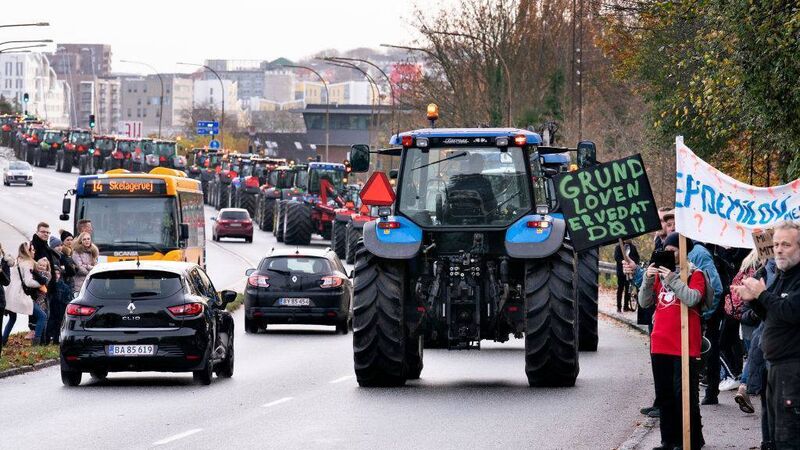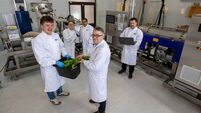Denmark to become second country to tax agri emissions

Farmers on tractors gather on November 14, 2020 in Aalborg, northwestern Denmark, during a rally against the Danish governments' unconstitutional order to cull all Mink in the country due to a mutated Covid-19 virus and against the following restrictions in seven municipalities in North Jutland. Picture: Henning Bagger / Ritzau Scanpix / AFP via Getty Images
Denmark is on course to be the world's second country to put a tax on agricultural emissions, following last week's election which was triggered by a scandal over a government-mandated cull on mink farms.
Agriculture has figured prominently in the country's politics over the past two years.













